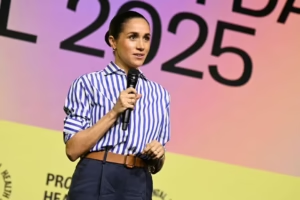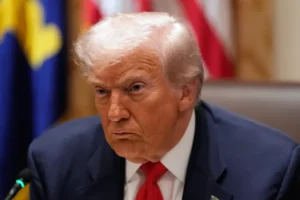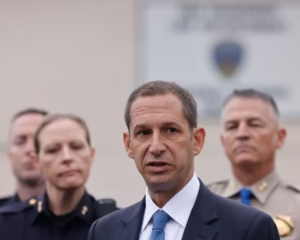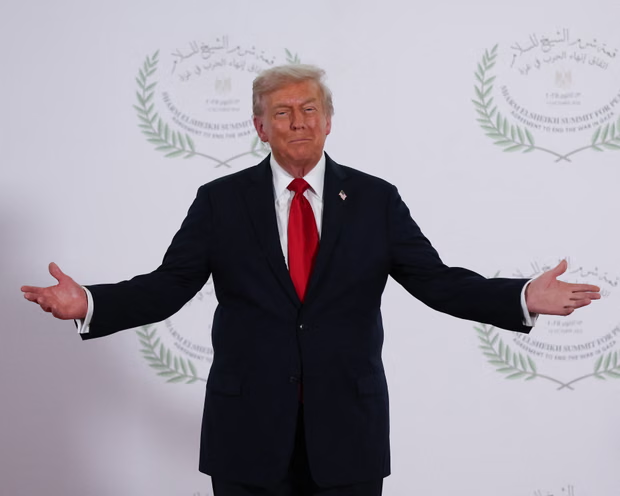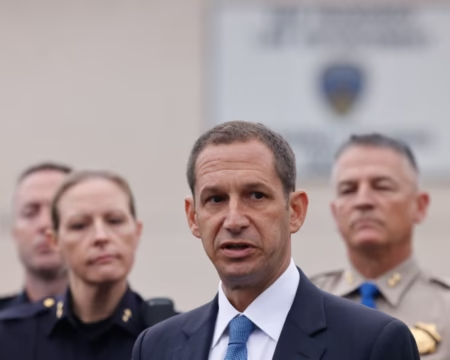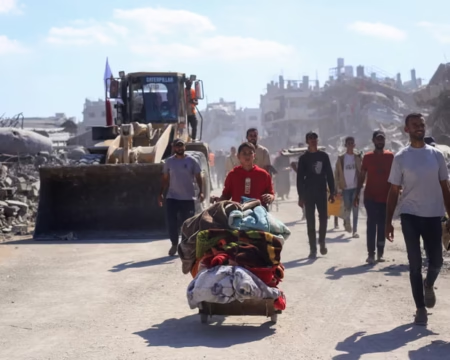Donald Trump addressed the Israeli Knesset hours after the last Israeli hostages were freed from Gaza, calling it the “historic dawn of a new Middle East.” He described the Gaza conflict as a “long and painful nightmare” and declared that Israel had achieved all it could by force. “This is not only the end of war – this is the end of an age of terror and death,” Trump said, urging that Israel’s military victories be turned into lasting peace and prosperity for the entire region. Trump emphasized that his message was also for Arab states, promising that Israel would neither restart the conflict with Hamas nor allow Hamas to regain control in Gaza.
Trump then traveled to Egypt to join a summit in Sharm el-Sheikh with over 20 world leaders. The summit, co-hosted with Egyptian President Abdel Fattah al-Sisi, aimed to endorse Trump’s peace plan, rebuild Gaza, and outline limited Palestinian self-rule. The US, Turkey, Qatar, and Egypt signed an agreement detailing their responsibilities to maintain peace and eventually establish Palestinian governance. Trump told reporters that reconstruction efforts, which he called “phase two,” had already begun, with estimates suggesting rebuilding Gaza could cost over $30 billion. He predicted that “Gaza will be demobilized, Hamas disarmed, and Israel’s security will no longer be threatened” and pressed Arab states to join the Abraham Accords quickly. He also indicated that Iran was open to peace talks.
European diplomats cautioned that the rapid ceasefire meant plans for a UN-backed international stabilization force and a Palestinian civil police force needed to be accelerated. Hamas agreed to stay out of Gaza’s new technocratic government but has conditions for disarming. Israel stated it would not withdraw troops while Hamas retained tunnels and weapons. France, the US, and the UK offered to support the international force, with credibility dependent on participation from Muslim countries like Indonesia and Turkey. France also trained a Palestinian civilian police force in Egypt and Jordan, which risks clashes with Hamas if not deployed quickly.
Trump announced he would chair the board overseeing Gaza’s reconstruction and the Palestinian technocratic government. He invited President Sisi to join and considered Sir Tony Blair for a role, pending regional approval. Trump met with Palestinian Authority President Mahmoud Abbas for the first time in eight years, giving a thumbs-up, despite having barred Abbas from New York and the UN assembly only two weeks earlier. French President Emmanuel Macron welcomed Abbas’s attendance as a sign of the Palestinian Authority’s legitimacy and stressed the importance of governance reforms, linking Gaza and the West Bank, and maintaining a path to a two-state solution. Europe will continue training Palestinian police but will not deploy troops directly in Gaza, while France will co-host a humanitarian aid conference for Gaza with Egypt in the coming weeks.
Trump’s speeches and diplomatic moves signal a bold attempt to translate military gains in Gaza into a broader vision for Middle East peace. While reconstruction and stabilization plans face logistical and political hurdles, the US president emphasized cooperation among Israel, Arab states, and even Iran. The summit in Egypt and ongoing discussions show the international community’s commitment to preventing renewed conflict while fostering Palestinian self-rule and regional stability.

